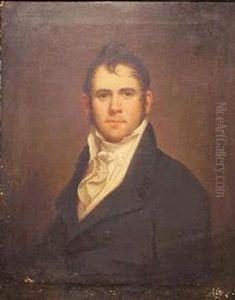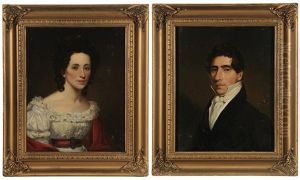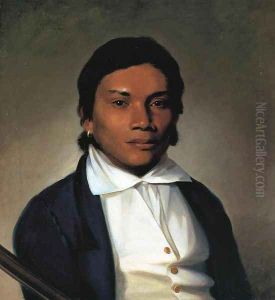Philip Thomas Coke Tilyard Paintings
Philip Thomas Coke Tilyard was an English artist known for his landscape paintings and his role as an art educator. Born on March 3, 1888, in Stonehouse, Plymouth, Devon, England, Tilyard developed an early interest in art that would shape his career. He studied at the Royal College of Art in London, where he honed his skills and developed a distinctive style that often featured the British countryside.
After completing his education, Tilyard embarked on a career that combined both artistic practice and teaching. He became a respected figure in the art education community, influencing a generation of young artists through his approach to teaching and his advocacy for art in schools. Tilyard was known for his commitment to the principles of good design and craftsmanship, which he integrated into his curriculum and his own work.
As an artist, Tilyard's paintings often captured the serene beauty of rural landscapes, with a particular focus on the play of light and shadow. His work exhibited a strong sense of composition and a keen observation of nature, reflecting his deep appreciation for the environment. Tilyard's landscapes were exhibited in various galleries and garnered a modest following among art enthusiasts of his time.
Throughout his career, Tilyard remained dedicated to the advancement of art education. He was actively involved with several art institutions and played a significant role in shaping art instruction in the United Kingdom. His contributions extended beyond the classroom as he participated in discussions and organizations that sought to promote the arts within the broader community.
Philip Thomas Coke Tilyard's legacy as an artist and educator continued to influence those who knew him and his work long after his death on January 2, 1968. While he may not be a household name, Tilyard's dedication to the arts and his picturesque landscapes ensure that he holds a respected place in the annals of British art history.


